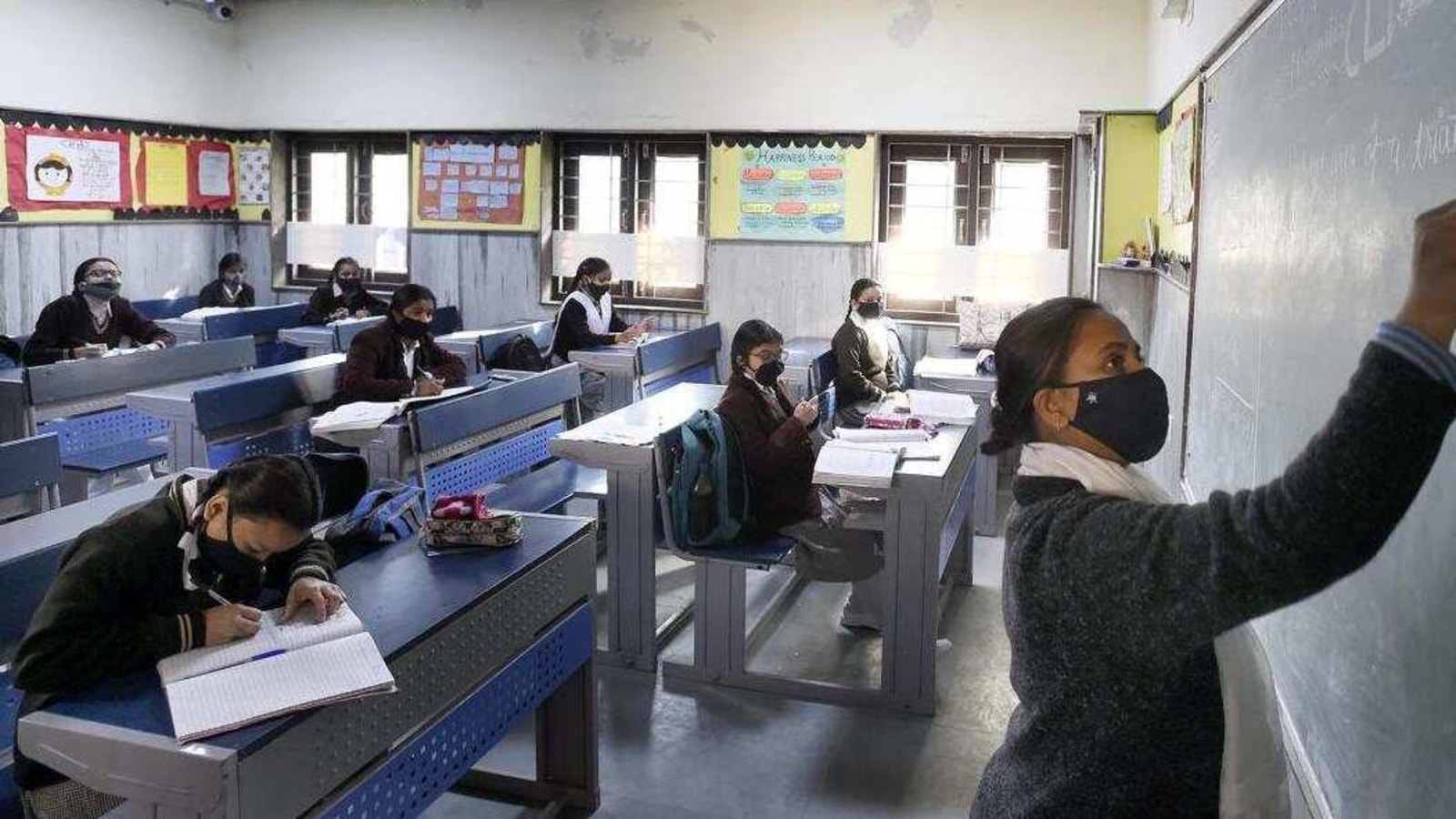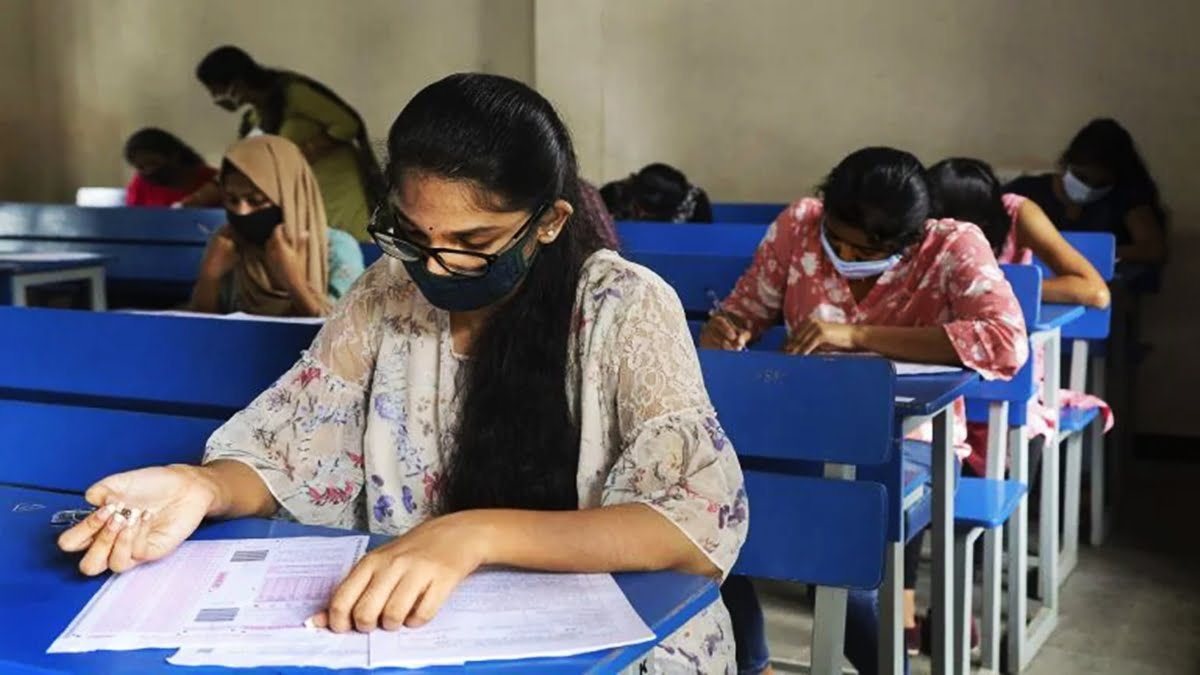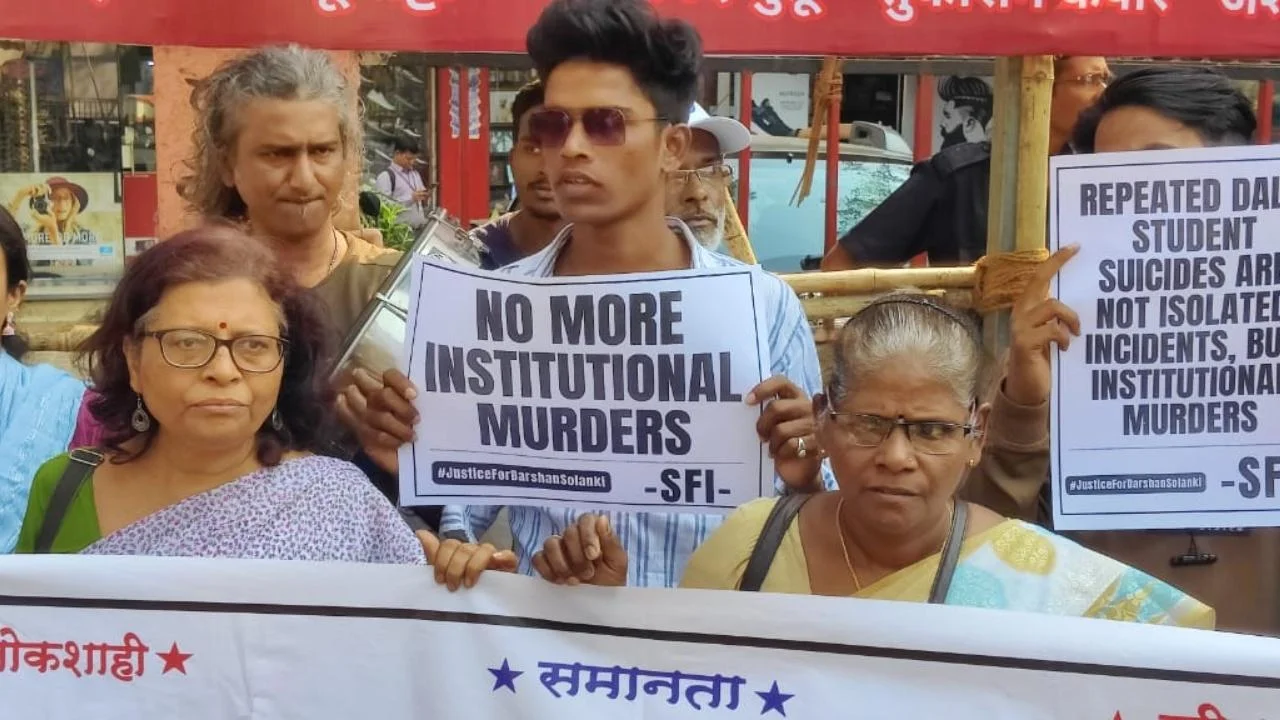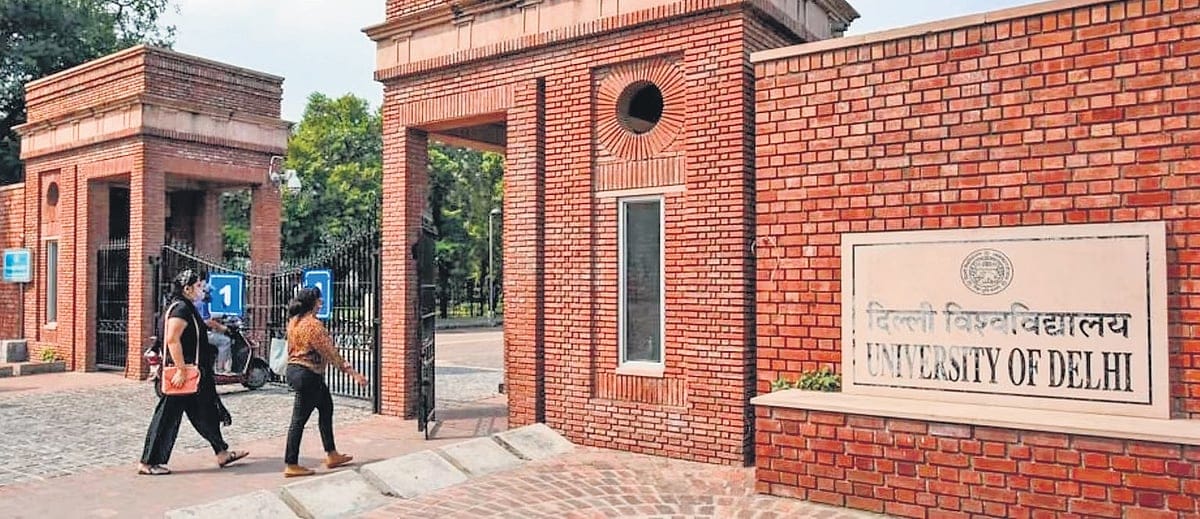From literature and writing to social sciences, from CBSE Class 10 to PG Entrances at top Indian universities such as DU and JNU and consequently up to the level of UGC NET (an exam which aspiring lecturers need to qualify for the post of Assistant Professor), there has been a systematic and steady attempt to bring about standardisation, uniformity and homogeneity in assessment practices across various levels and disciplines of education. This is evident in the increasingly prevalent practice of using multiple-choice based questions in school-level assessment as well as qualifying exams in higher education where students are encouraged (or pushed) to develop strategies so that they can successfully identify that “one correct answer”, that “one right response”.
Problematising Dominant Forms of Academic Assessment
Objectivity and singularity in the disciplines of arts and humanities can be a self-defeating notion that will negate what is unique and different about these two fields of study- that there is greater scope for multiplicity, for diversity, for freedom in how we approach and create original knowledge based on free sharing and circulation of ideas, and not just absorb long-existing factual knowledge.
The immediate counter-argument that comes here from the skeptics (or cynics) is that multiple choice questions are now being innovatively designed to test conceptual understanding and logical reasoning through assertion-reason based and case study-based questions. However analytical the nature of such multiple choice questions might be, it is still self-defeating if it trains the minds of students into conformity and subservience towards that one established mode of thinking, that one deeply entrenched code of behavior, towards that normative enterprise of equating non-conformity with deviance and indiscipline. This is validated by the reality of multiple choice question design in several exams where it is claimed that the questions aim to test the student’s critical reasoning and analytical thinking skills, albeit on the basis of that one correct way to think with rationality and logic.
What is till now seeming to be a problem-centric discourse, cannot be solved by subjective question based assessment either if it runs the risk of being evaluated through an ideologically biased lens or through a lens of ‘expected conformity’ to what the teacher or evaluator wants to read. At both school and college level, ironically in the field of humanities and literature, we are trained to write answers which as they say “the teacher/examiner expects you to”. So what is, we need to ask, the standard for evaluating performance here? What are the invisible parameters to measure “academic excellence” here?
What is till now seeming to be a problem-centric discourse, cannot be solved by subjective question based assessment either if it runs the risk of being evaluated through an ideologically biased lens or through a lens of ‘expected conformity’ to what the teacher or evaluator wants to read. At both school and college level, ironically in the field of humanities and literature, we are trained to write answers which as they say “the teacher/examiner expects you to”. So what is, we need to ask, the standard for evaluating performance here? What are the invisible parameters to measure “academic excellence” here?
As a college student of literature, for instance, we had no access to any transparent criteria of assessment. What set of parameters are our subjective essays being evaluated on? Conceptual understanding of literary theories? Ability to critically engage with and evaluate existing scholarly literature? Applying theoretical understanding to the context of the question? The ability to strongly substantiate our arguments? And of course, at the level of summative assessment (semester end exams), we had no formal access to any form of detailed feedback from the answer sheet evaluator to justify our grades. The sheer lack of transparency and accountability in our assessment system has however, often been justified through the deceptive simplicity of arguments based on the foundation of administrative convenience and logistics management.
Also read: NCERT Manual & Gender-Sensitive, Trans-Inclusive Approaches To Education
Developing Assessment and Developing Learners
How do we proceed from here? The process of creating comprehensive and inclusive assessment often opens up the Pandora’s Box of the nature-nurture debate. There are usually two cognitive abilities tested in academic assessment: Memory and Intelligence. But we need to question- How much of memory and intelligence are innate and how much of them are acquired? Is factual memory based assessment creating a sustainable and growing, intrinsically motivated learning society or creating transient learners anticipating short term externally administered rewards?

There is increasingly a talk of the ‘Common Aptitude Test’ in India which attempts to simplify the process of university admission. Terms such as ‘ability testing’ and ‘aptitude testing’ are considered the more progressive derivative heirs of IQ (Intelligence) testing. We however, need to know the real purpose of this simplified entrance test to gauge its efficacy in identifying ability and merit. Does ability testing legitimize one particular mainstream ability as superior, while delegitimizing and ‘othering’ ‘deviant abilities’ as ‘inferior’? What happens to abilities that are not a part of the mainstream cultural centre and end up being marginalized to the periphery?
Does ability testing legitimize one particular mainstream ability as superior, while delegitimizing and ‘othering’ ‘deviant abilities’ as ‘inferior’? What happens to abilities that are not a part of the mainstream cultural centre and end up being marginalized to the periphery?
It is resistance to “the claim of a central single intelligence” – the testing of which (intelligence) forms the basis for admission to “privileged forms of education”- that has created the world a more equitable place for hitherto unrecognized forms of constructive potential in a student. From Alfred Binet to Howard Gardner, there have been pioneers in the field of education and psychology who rigorously challenged the notion of ‘unitary intelligence’ through developing alternative and more inclusive understanding of ability/aptitude/intelligence ( as they tend to be synonymous when constructed through faulty assumptions) by conceptualizing intelligence as a construct and as multiple.
Also read: Caste-Based Discrimination Rampant In Higher Educational Institutions, Affirms Study
Conclusion
As with any continual reform movement, the beneficiaries at any stage of time gladly tend to forget the relentless struggle and the perpetual effort that the reformers have put in till date to make the subject of reform more equitable and just for those very complacent beneficiaries. With apparent contentment and pragmatism, they accept what has been imposed on them by power holders. From CCE at school level (Continuous and Comprehensive Evaluation) to CBCS (Choice Based Credit System) at college level, we have accepted education reforms from a position of powerlessness, from a position of either blind welcoming or futile resistance.
The argument, according to me, is reflective and introspective, and no true progress can ever happen without reflection and introspection. Stobart says (regarding intelligence testing), “My argument is that the ‘fixed and unitary’ approach won out because it fitted the mood of the time and offered an easy-to-grasp justification of social conditions and policies which was favorable to those with power.”
To conclude, an argument made by Professor Gordon Stobart while referring to the traditional intelligence testing that “took firm root in the folk psychology of English speaking cultures” can serve as a helpful starting point for a progressive movement in educational assessment. The argument, according to me, is reflective and introspective, and no true progress can ever happen without reflection and introspection. Stobart says (regarding intelligence testing), “My argument is that the ‘fixed and unitary’ approach won out because it fitted the mood of the time and offered an easy-to-grasp justification of social conditions and policies which was favorable to those with power.” And the irony of the connection between assessment and power here is – positions of power occupied by those who have been selected through status quo modes of assessment – will indeed make the path challenging for those, whom exclusionary modes of assessment, have made powerless.
Featured image source: CNBCtv18




